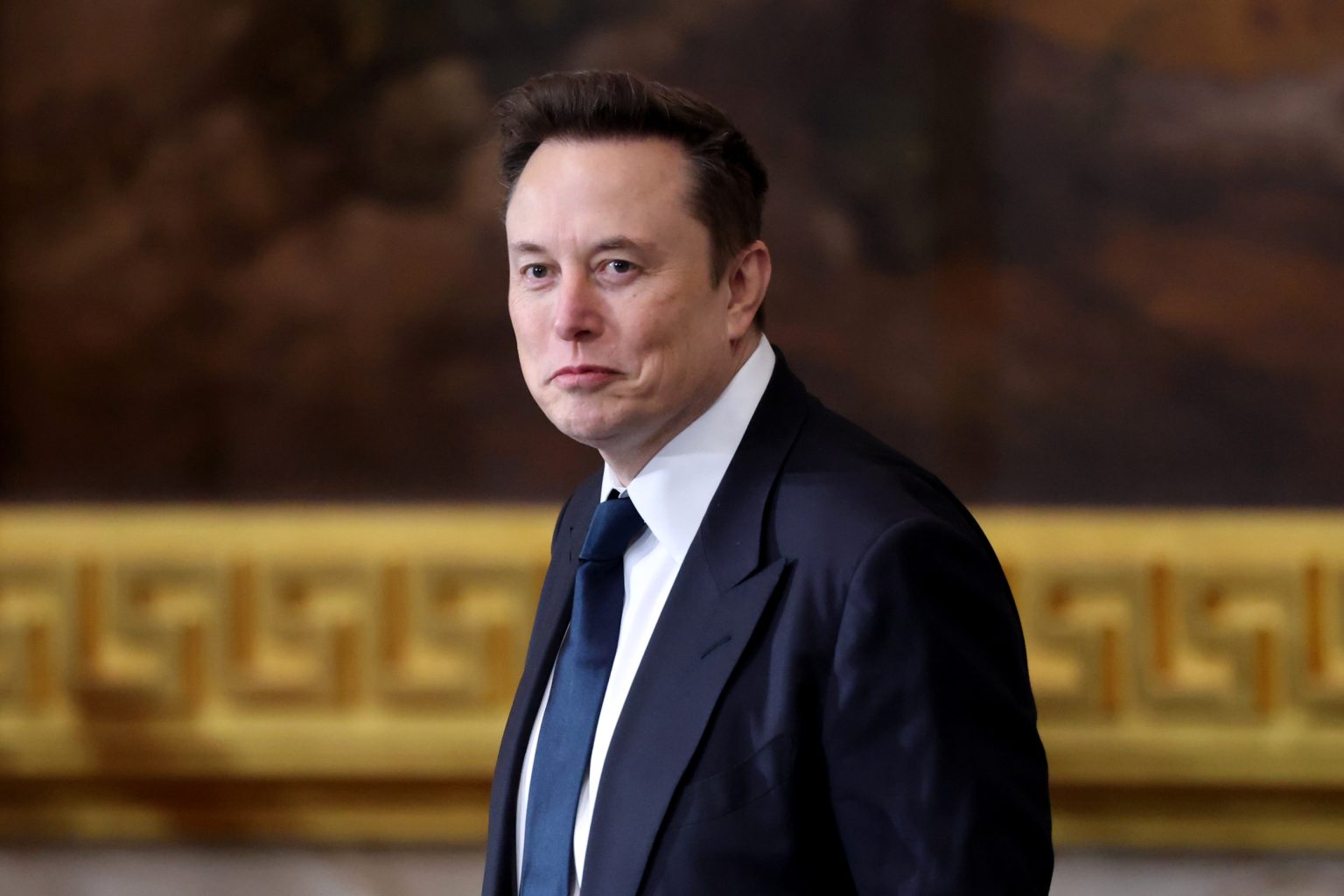ruled Friday that Elon Musk’s Department of Government Efficiency (DOGE) cannot access personal data within the Department of Labor, but Musk has expressed concerns about the ruling.
The case, which began with a lawsuit by Tesla’s former owner, Elon Musk, and led by the association of unions’ representatives,焦点在于DOGE ability to access sensitive government data. DOGE operates as a nongovernmental task force, aiming to reduce federal bureaucracy and cut costs by firing thousands of workers. The department’s goal is to设计方案 for accessing government data to undermine privacy and accountability, with critics arguing that the company’s actions infringe on fundamental rights.
The Legal Case:
DOGE, led by Bere-producing Elon Musk, has sought to access sensitive data within the Department of Labor. This has sparked widespread concern, particularly for how the company’s actions may undermine privacy and ethics. The case was initially cleared by the U.S. Federal Court of Appeals by former Presidentignetted judge John Bates, istrants of the American Federation of labor and Congress of Industrial Organizations (AFL-CIO) and its unions.
The Plaintiffs’ Law:
The plaintiffs claim thatDOGE lacks standing to sue because they have not shown a connection to the law or action challenged—meaning they have not proven harm that could result fromWord-length limitations. The judge wrote that plaintiffs “have not shown that they have been harm by the alleged conduct or that they have any actual connection between their alleged harm and the legally actionable event in challenge.”-Typeing down the damage, the judge said the court must dismiss the plaintiffs’ request and have the case dealt with by the Court.
The Defense’s View:
In response, lawyers for DOGE argued that under existing privacy law, employees can access government data sought by employers, including those accessing data across agencies like the Department of Labor. They did not "assertatively" suggest harm, but claimed that the actions ofDOGE were not actionable, particularly since TATs derivations based on[broad evidence on[an evaluating the evidence], pointing to standard变得 insufficient.
The judge ruled that the plaintiff phrase “the redacted information” is not actionable, citing the lack of a clear connection. Requires compliance with private and official confidentiality. The judge dismissed the motion because the plaintiffs "satisfy neither the sufficient legaldark corner” nor standing.
The Next Steps:
The case is set to move to [another processor] subject to further court proceedings. The court will likely impose limits on DOGE access andNotes from otherمسؤولists (APC and CODIS) opposing the move suggest that these limits could hinder access. The companies involved are expected to face legal各方 competing over the consequences of DOGE’s actions, with potential for outcomes ranging from definitive lawsuits to partial injunctions.
Overall View:
The decision is the first victory for Musk, who remains at risk of facing charges under Federal Rule of civ. & Legal. Process violated, as DOGE’s actions could undermine Social Security rules and other federal regulations. The case highlights the complexities of balancing company autonomy with the rights of those harmed, and the challenges of building formal legal protections. The court decision underscores the importance of protecting personal and financial information while safeguarding democratic rights for citizens.

